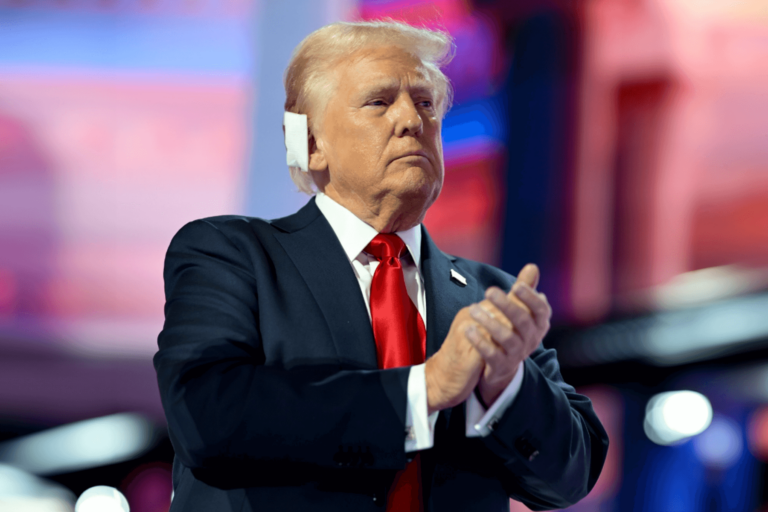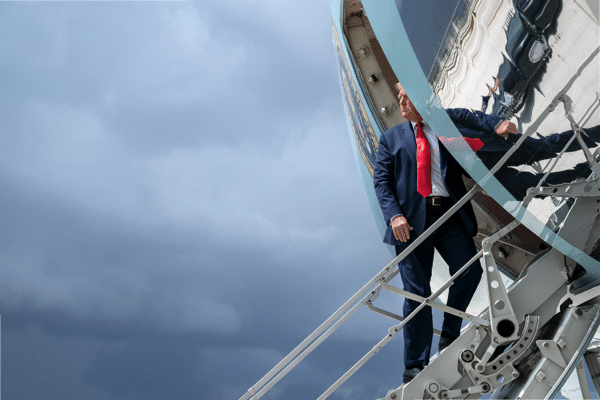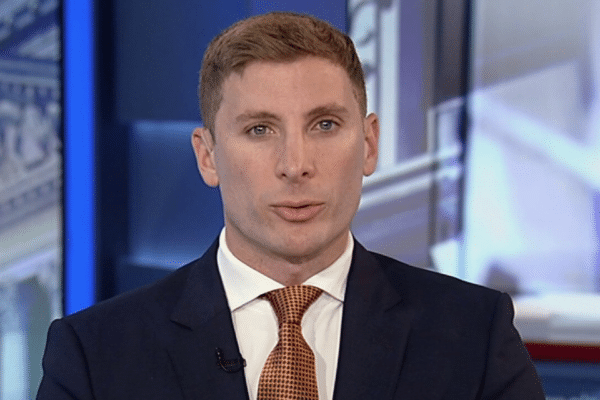Despite the initial reluctance of big tech companies towards a Trump administration, some influential members of Silicon Valley are starting to see this possibility in a more favorable light. The reasons for these powerful actors changing their minds include reduced regulation and a strong interest in the development of artificial intelligence and the exploration of its limits.
Figures like billionaire Mark Cuban explain that being close to Trump could allow them to influence the creation of laws related to AI. Cuban, a vocal critic of Trump and supporter of Joe Biden, argues that the support of Silicon Valley and Wall Street millionaires for Trump is driven by personal interests. "They want as little regulation as possible because there’s no way regulation works unless they’re the ones writing it," says Cuban.
Cuban points out that there is a fear that regulation will be drafted in a way that diminishes the ability of companies to compete globally and among themselves. "Unless it’s a very light touch, which is unlikely at this time, the more influence they have over AI regulation, the greater the opportunity to benefit."
The initial reluctance
The view in Silicon Valley regarding a return of Donald Trump was generally negative, especially due to opinions on technological regulation defended by Republican figures like J.D. Vance. The former Ohio senator advocates for minimal regulation of the sector, believing that big tech companies take advantage of the potential risks of AI to push for regulations that are prohibitively expensive for smaller companies. According to the Republican, these changes could democratize technological development and stimulate new innovations.
Despite advocating for minimal AI regulation, he has expressed strong support for Lina Khan, chair of the Federal Trade Commission (FTC), known for her aggressive antitrust measures against big tech companies. Vance’s dual stance, favoring AI deregulation and advocating for stricter controls on monopolistic practices in the tech industry, reflects a complex approach to tech policy.
Support for Trump?
Immediately after Donald Trump became the first former U.S. president convicted of criminal offenses, part of the Silicon Valley elite was dismayed. Elon Musk, with his own legal battles against the U.S. government, wrote on X (formerly Twitter): "Today a great blow has been dealt to public faith in the American legal system." Although Musk has not formally supported Trump, the desire to see less regulation in U.S. technological development could be bringing tech giants closer to the former president. Many of these actors are also influential in the world of artificial intelligence, a rapidly expanding field.
Musk has also criticized various regulatory bodies but has openly advocated for AI regulation. "When we’re talking about digital superintelligence, which poses a risk to the public, the government needs to safeguard public interests," he told Rishi Sunak in November 2023. However, he also admitted that regulation "will be annoying," and with a direct line to Trump, Musk could significantly influence the direction of those laws if Trump returns to the White House.
Others, like Shaun Maguire, a partner at Sequoia Capital, announced their support for Trump with a $300,000 donation to the former Republican president's campaign. Venture capitalist David Sacks preferred a "convicted felon" over World War III, criticizing the Biden administration for its handling of the Russia-Ukraine conflict. Musk, Maguire, and Sacks have criticized regulation to varying degrees. Sacks stated on his All-In podcast that people should be able to continue experimenting with artificial intelligence before the government imposes restrictions. "It’s still too early to impose regulations," he said. "We don’t even know what to regulate."
Some investors, like Garry Tan, CEO of Y Combinator, have embraced "effective accelerationism," advocating for unrestricted AI development. Maguire criticized Democrats for trying to regulate technology, citing open-source AI and cryptocurrencies, which he believes incentivizes the best builders to work outside the U.S.
As can be seen, not all Silicon Valley actors investing in AI and supporting Trump desire unrestrained artificial intelligence development. Chamath Palihapitiya, investor and co-host of the All-In podcast, argues that AI will require "an oversight body." "Our political leaders need to create some sort of oversight before preventable mistakes happen," he wrote.






